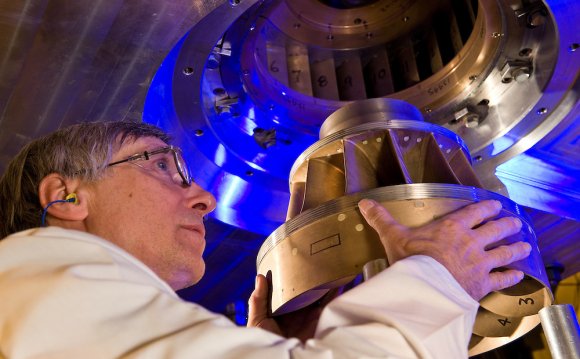
As gas costs continue being turbulent and ecological concerns develop, fundamental behavioral changes tend to be occurring. The vitality crisis is not only turning consumer choices to smaller and much more fuel-efficient cars, however it is in addition engendering an knowing of when and how frequently folks utilize their particular automobiles.
A lot more people opting for general public transport since it is a cheaper plus eco-friendly alternative for making your way around. According to a recently available Public Broadcasting provider (PBS) report, size transit ridership has increased considerably in the majority of United states metropolitan areas. In Boston, Massachusetts, subway ridership has grown 9 %; in Seattle, Washington, the number of commuter rail people is up 28 per cent; plus San Antonio, Texas, bus ridership has increased by 11 per cent. While transportation officials welcome the developing number of commuters, they cannot escape the volatile oil rates and increased cost of mass transportation solution.
For government authorities, this situation places significant constraints on bus and transport solutions paradoxically at the same time whenever need is on the rise. Also, the utilization of progressively rigid emission criteria, just like the brand-new Euro 5 standard, increases the overall performance club another notch. Buses are far more fuel-efficient and give off less pollution while providing superior passenger comfort. To economize, bus providers must take advantage of their particular resources; this means operating because efficiently as you can and minimizing wear and upkeep.
Enhancing performance and durability
Relating to Voith Turbo, how you can answer a number of these issues is to implement a computerized transmission. Element of among largest family-owned organizations in Europe, Voith Turbo is a prominent specialist in power transmissions. Situated in Heidenheim, Germany, it's created a four-speed automated transmission especially for city buses. Created in 1867, the company produces state-of-the art hydrodynamic drive, coupling and breaking methods for road, rail, marine and industrial applications.
Voith Turbo’s automated transmissions for buses – DIWA.3E and DIWA.5 – may be installed in any driveline coach and can improve gasoline economic climate, passenger convenience, running efficiency and reliability. Voith Turbo has delivered over 150, 000 DIWA automated transmissions to coach customers in Asia, Europe plus the united states of america.
Voith Turbo’s DIWA transmission is characterized by its special differential torque converter concept: the lower-speed number of the DIfferential WAndler (converter) transmission replaces the first two gears of a standard automatic transmission. The differential torque converter concept features on the basis of energy separation: the motor energy is divided into mechanical and hydrodynamic components, that are later rejoined when you look at the production drive.









